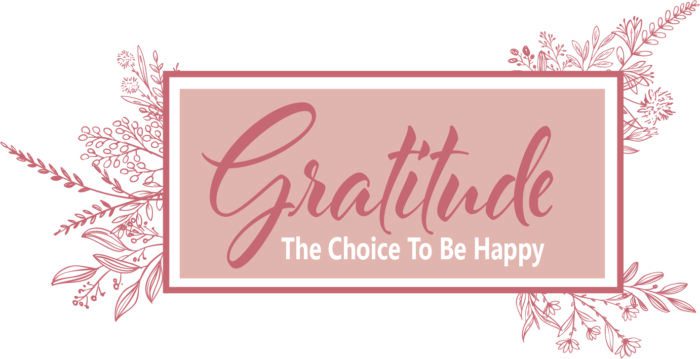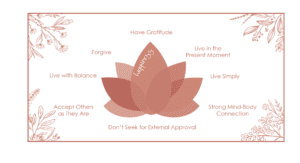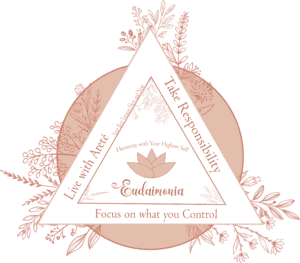
Happiness and Eudaimonia
Happiness
According to Wikipedia, the word happiness is used in the context of mental or emotional state. What we know about happiness was influenced by many different religions, philosophers, and psychologists, and it’s rather confusing information. When scrolling further Wikipedia page I came across even weirder man-made creations as ‘negative effects of happiness’… what does it even mean? How is that even possible?

Gratitude
Some years ago, I was in the moment of my life when reality started to feel like a dark, unpleasant place. I felt as I must seek information out there, and for someone who can help me. With whoever I would speak there was this magical word appearing – gratitude. I listened to some wonderful podcasts about gratitude, do gratitude exercises, and started applying it all in my own life. And today I am grateful for gratitude. Being thankful and appreciating the world and people around you just brought different qualities to my life.
Of course, it is not so easy as it sounds, the human mind is stubborn, and not gratitude alone solved the issue. There was a whole support system, hard work, and therapy sessions. But it is definitely one of the strongest tools that helped me to feel just happy.
You can find 5 simple tips on how to be more grateful here.

Stoic Happiness Triangle
Recently I came across information about Stoic Happiness Triangle, and its idea got really into my mind. You can find below my graphic with all the elements of the triangle:

Eudaimonia – the inner part/core – which can be translated as ‘be good with your inner self/spirit’, is the ultimate goal of a human being – happiness.
Three sides of a triangle:
- Live with Arete
- Focus on what you control
- Take responsibility
are the principles which according to stoicism will help you to reach happiness.
‘Focus on what you control’ and ‘take responsibility’ are quite intuitional, but what does it mean to live with Arete?
Arete is a concept of living up to one’s full potential. It focuses on being the best version of ourselves right now, in the present moment.
It does make sense! Doesn’t it?
When do you need professional help?
It is important to remember, that even reading all the best books in the world, it’s not enough if the underlying issue is an illness. In such cases, professional help is needed.
If you think you may suffer from mental illness contact mental health professional.
Examples of signs and symptoms of mental illness may include:
- Feeling sad or down
- Confused thinking or reduced ability to concentrate
- Excessive fears or worries, or extreme feelings of guilt
- Extreme mood changes of highs and lows
- Withdrawal from friends and activities
- Significant tiredness, low energy, or problems sleeping
- Detachment from reality (delusions), paranoia, or hallucinations
- Inability to cope with daily problems or stress
- Trouble understanding and relating to situations and to people
- Problems with alcohol or drug use
- Major changes in eating habits
- Sex drive changes
- Excessive anger, hostility, or violence
- Suicidal thinking.
